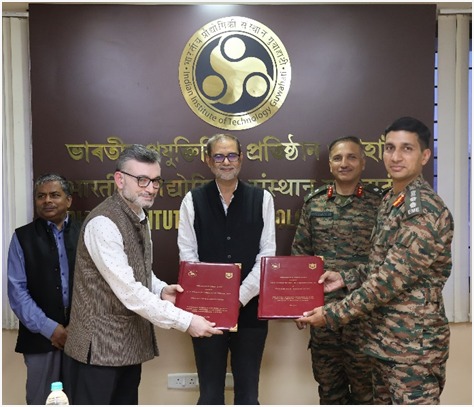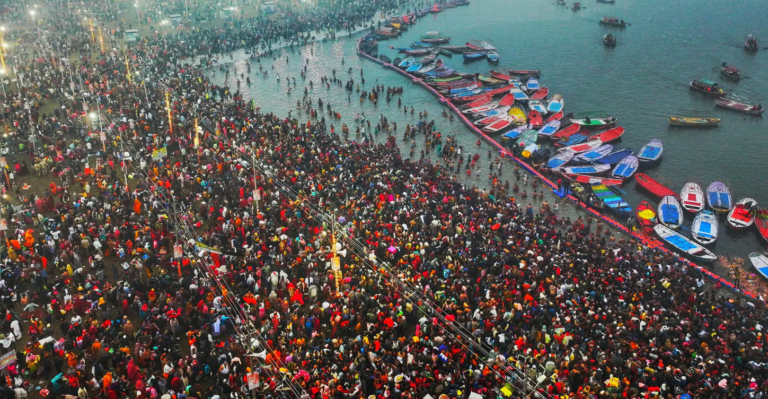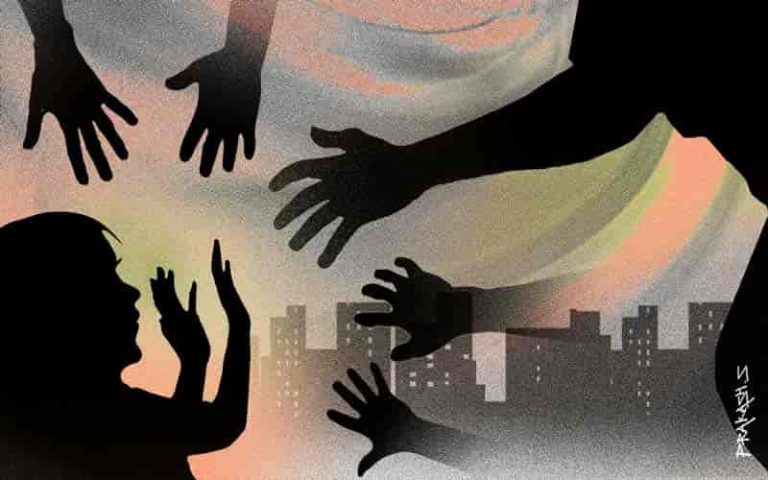The farmers’ protest at the borders of Delhi — which is on its 23rd day — must continue and the national capital cannot be blocked, the Supreme Court said today while hearing a series of petitions on the issue. The court said it would refer the matter to a vacation bench and suggested that the government not take any action to implement the law till the court takes a final decision on the issue. Attorney General KK Venugopal, who was representing the government, said he get back to the court on the issue after discussion.
“We make it clear that we recognise the fundamental right to protest against a law. There is no question of balancing or curtailing it. But it should not damage anyone’s life or property,” said Chief Justice SA Bobde.
Justice Bobde, who said yesterday that the matter must be handed over to a committee, said it must have “independent members with knowledge of agriculture and hear both sides and give report on what is to be done”. Meanwhile, the “protests can continue without violence and the police will not do anything (to stop the protests),” the Chief Justice said.
Senior advocate Harish Salve, who was representing one of the petitioners, said “Protests cannot be just for protest, but to articulate point of view,” the court said, “That is exactly what we mean”.
“Protest’s purpose must be fulfilled by non-violent means. Protests must be about issues. Aggrieved parties must be allowed to articulate and the party that caused the problem must be allowed to answer,” the Chief Justice said.
When the Centre, declaring that the farmers cannot just demand a repeal of the laws, insisted on a clause-by-clause discussion, the court said: “We observed yesterday that the Centre is not successful in negotiations. We do not think that the farmers will accept your conclusions. Let the committee decide.”
Former Union Minister P Chidambaram, who was representing the Delhi government, said, “If you make so many amendments, the original law is untraceable. The farmers say this law is not acceptable. So bring a new law and let parliament discuss”.















